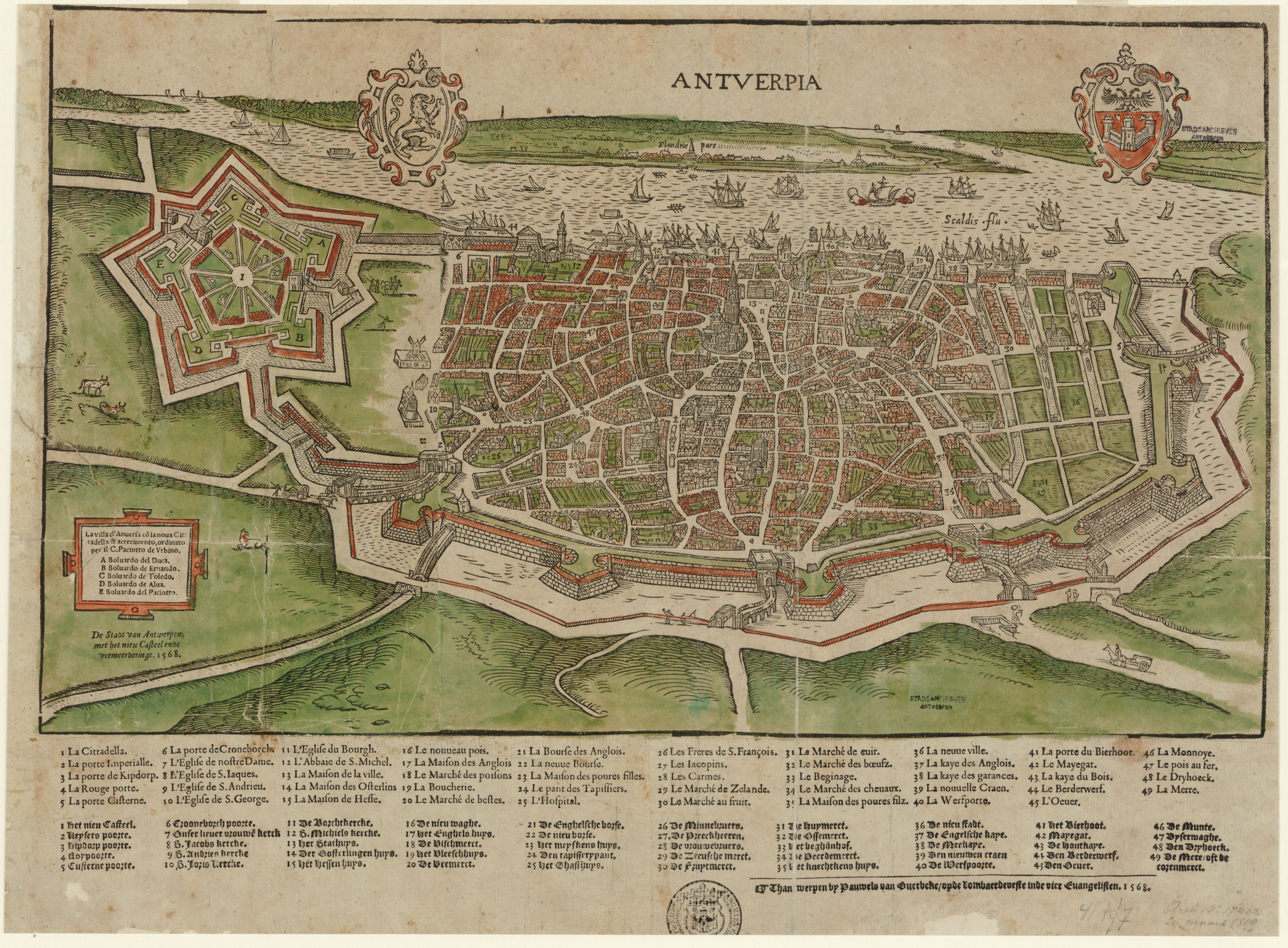(image source: Miroslav Sedivy)
The public response to international insecurity 1830–1848: The Europeans between the written law (Recht) and the law of the strongest (Faustrecht)
The Congress of Vienna of 1814–1815 was a generally well-known attempt
to ensure security and peace within the so-called family of European
countries and nations. This goal was to be achieved by clearly defined
legal engagements and a mutual willingness to settle international
disputes in a peaceful way. A quarter century later, however, a
considerable number of Europeans felt that the heritage of the congress
was being eroded and that the world was becoming increasingly insecure.
This conviction was primarily caused by the abuse of power by the most
powerful states at the expense of weaker ones in Europe as well as the
former’s imperialist policies in overseas regions. The most influential
in this respect was the great powers’ competition in the Near East which
had significant negative repercussions on the relations among the great
powers themselves and on the general peace in Europe, such as happened
in late 1840 during the so-called Rhine Crisis when a military conflict
in the Ottoman Empire provoked a general war scare on the Continent.
What was symptomatic for the Rhine Crisis was the increasing mistrust in
the great powers’ policies and in the stability of the whole structure
of the post-Napoleonic states system: a growing number of Europeans no
longer had faith in the functionality of this system and generally
became convinced that the security of their own countries and other
nations in the world where the rule of force (Faustrecht) dominated was
to be best preserved by material strength. That is why this widespread
reaction to the law-breaking in international affairs, resulting in
international insecurity, was one of the important points in various
political/national programmes and stimulated the pursuit of national
unifications, well defensible frontiers, land and naval armaments and
colonial adventures.
At the same moment, however, a great number of Europeans did not abandon
the belief that the security of their homeland also depended on the
quality of the whole European states system, which made a considerable
number advocate a more normative approach: new international law was to
be introduced to ensure the equality as well as more justice and peace
in relations among all states. This request was popular not only among
the adherents of the peace movement being on rise in the 1840s but also
in the nationalist camps across the Continent; both groups proposed the
reconstruction of the international order by introducing new principles
of international law, being a real law of (free) nations, and the
creation of a pan-European organisation in the form of either a
monarchical confederation or a congress of nations. The paper’s
principal goal is to introduce this at the first sight contradictory
debate about law and power in international relations before the mid
19th century and explain not only its causes but also the reason of the
failure to establish a new better international political-legal order in
Europe.
Reservatie/réservation
De lezing wordt gehouden via Microsoft Teams. Gelieve uw aanwezigheid op voorhand te melden via standenenlanden@gmail.com, waarop u een link ontvangt via mail.
La conférence aura lieu par l'intermédiaire de Microsoft Teams. Veuillez signaler votre présence à l'avance via standenenlanden@gmail.com, après quoi vous recevrez un lien par courrier électronique.








